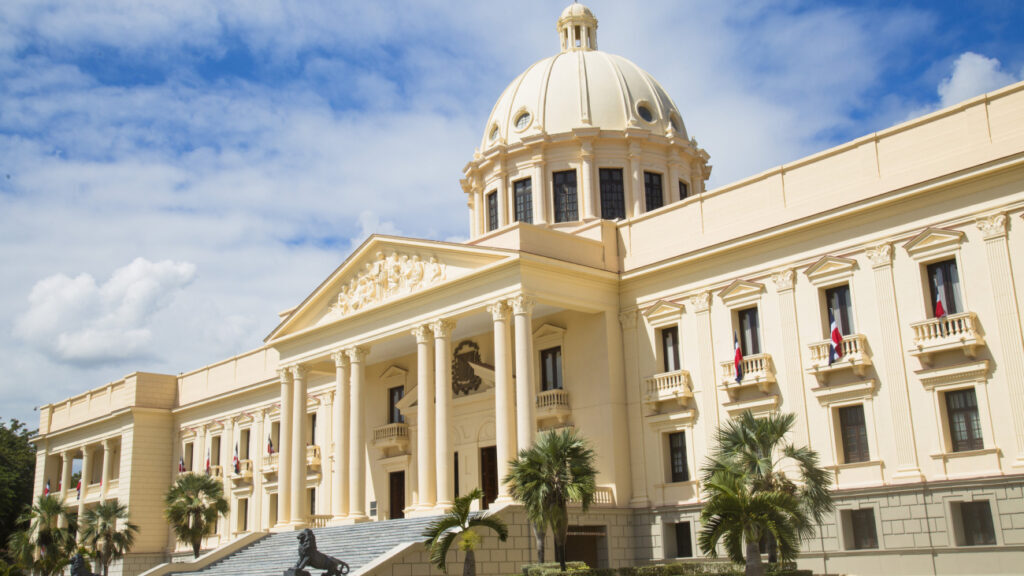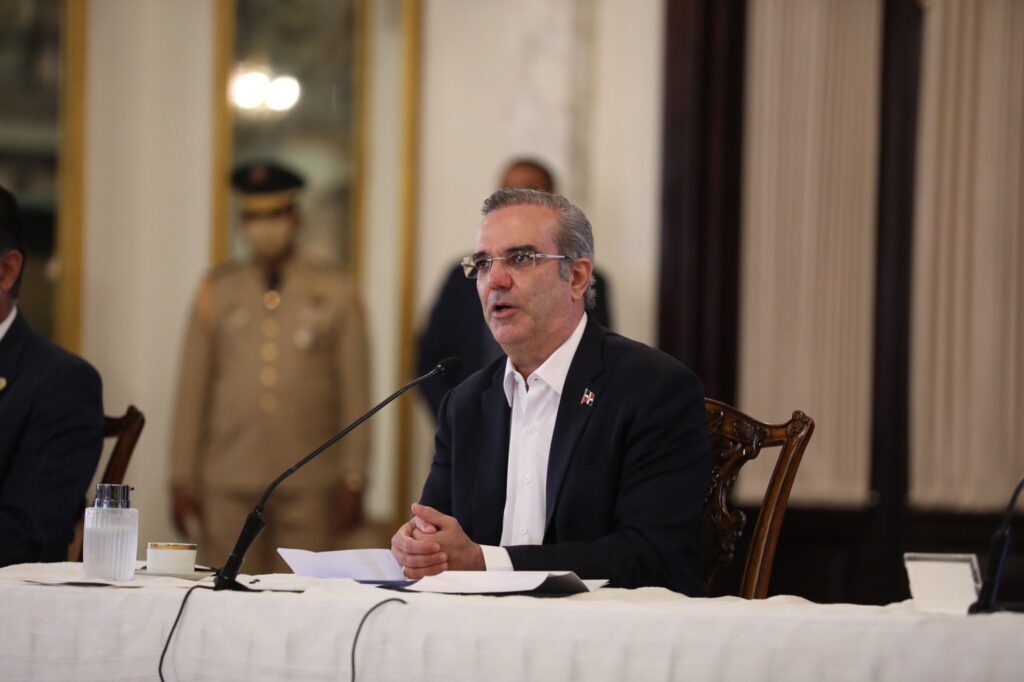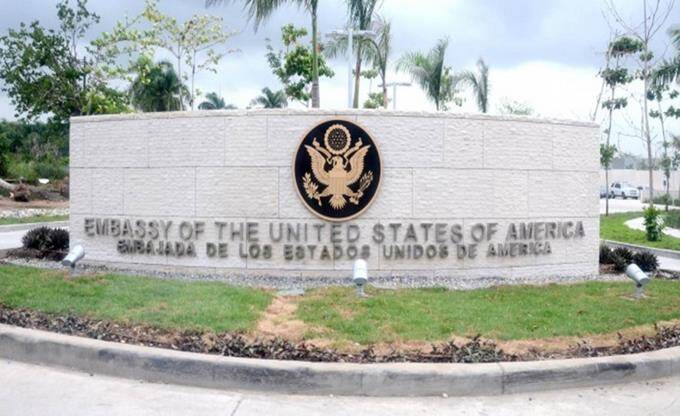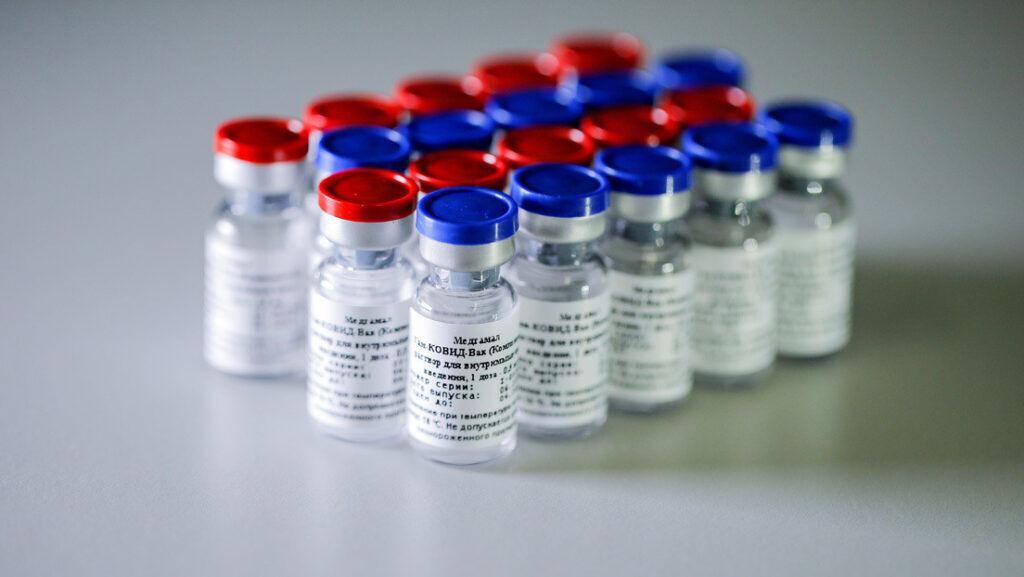Senate bill aims to prohibit the sale of plastics in coastal areas

The Dominican Republic Senate was empowered with a Bill for the protection, conservation, and management of coral reefs in the Dominican Republic that would prohibit the sale and consumption of single-use plastic products and expanded polystyrene (foam) in coastal areas of the country.
The proposal, submitted by the senator for the province of San Cristóbal, Franklin Rodríguez, favors the use of disposable cardboard and paper-based products and utensils, in compliance with current solid waste disposal regulations.
It also seeks to ban the sale of sunscreen products or UV filters that contain chemicals harmful to coral reefs, such as oxybenzone and octyl methoxycinnamate, because, according to scientists, they contribute to coral bleaching.
Before these prohibitions, one year would be granted from the enactment of the law for the purposes of suppliers and businesses to make adjustments to new non-polluting products.
According to the proposal, the cultivation of corals and the natural rehabilitation of coastal coral reefs are established as a long-term sustainable strategy for their recovery and contemplates the placement of artificial reefs in territorial waters of the country, for the purposes of favor the increase in the availability of habitat and resources for the species that live in these marine ecosystems.
In those situations where the damage caused by coastal erosion is evident, the combined implementation of ecological rehabilitation and implantation of artificial coral reefs will be weighed.
Bill objectives
Reef recovery areas will be established to maintain population levels of various marine species; promote the reproduction of marine species that inhabit coral reefs; maintain the genetic heritage in the populations of the recovery area that cushion the impact of fishing, recreational, and tourist activities and establish control areas for the study of the impact of fishing and that allow a diversification of the economic uses of marine resources.
The project seeks to create a regulatory legal framework in order to protect, conserve and restore ecosystems, and prevent the contamination of reefs and coral communities.
It would provide that all the country’s marine waters have sufficient quality to guarantee the preservation and recovery of the resident biological community, including the coral reef communities.
The initiative would provide that all marine waters in the Dominican Republic must be of sufficient quality to guarantee the preservation and recovery of the resident biological community, including the coral reef communities.
The Ministry of Environment and Natural Resources, through the Vice Ministry of Coastal and Marine Resources, must formulate the biocriteria that establish the desired condition for coral reefs, including estuaries, mangroves, seagrasses, and other marine ecosystems, applicable to all coastal waters of the national territory.
The biocriteria would be based on the condition of the light, the temperature of the water, the salinity, the concentration of nutrients (phosphorus and hydrogen).
The bill would declare of national interest the regulation and control of pollutants in marine waters that cause continuous and irreparable damage to coral reefs and the life associated with them.
A “National Program for Pollution-Free Waters” would be created that would articulate a strategy for the proper treatment of wastewater and rainwater; the designation of no-discharge zones; the restoration of residential canals and the collection and disposal of solid waste.






